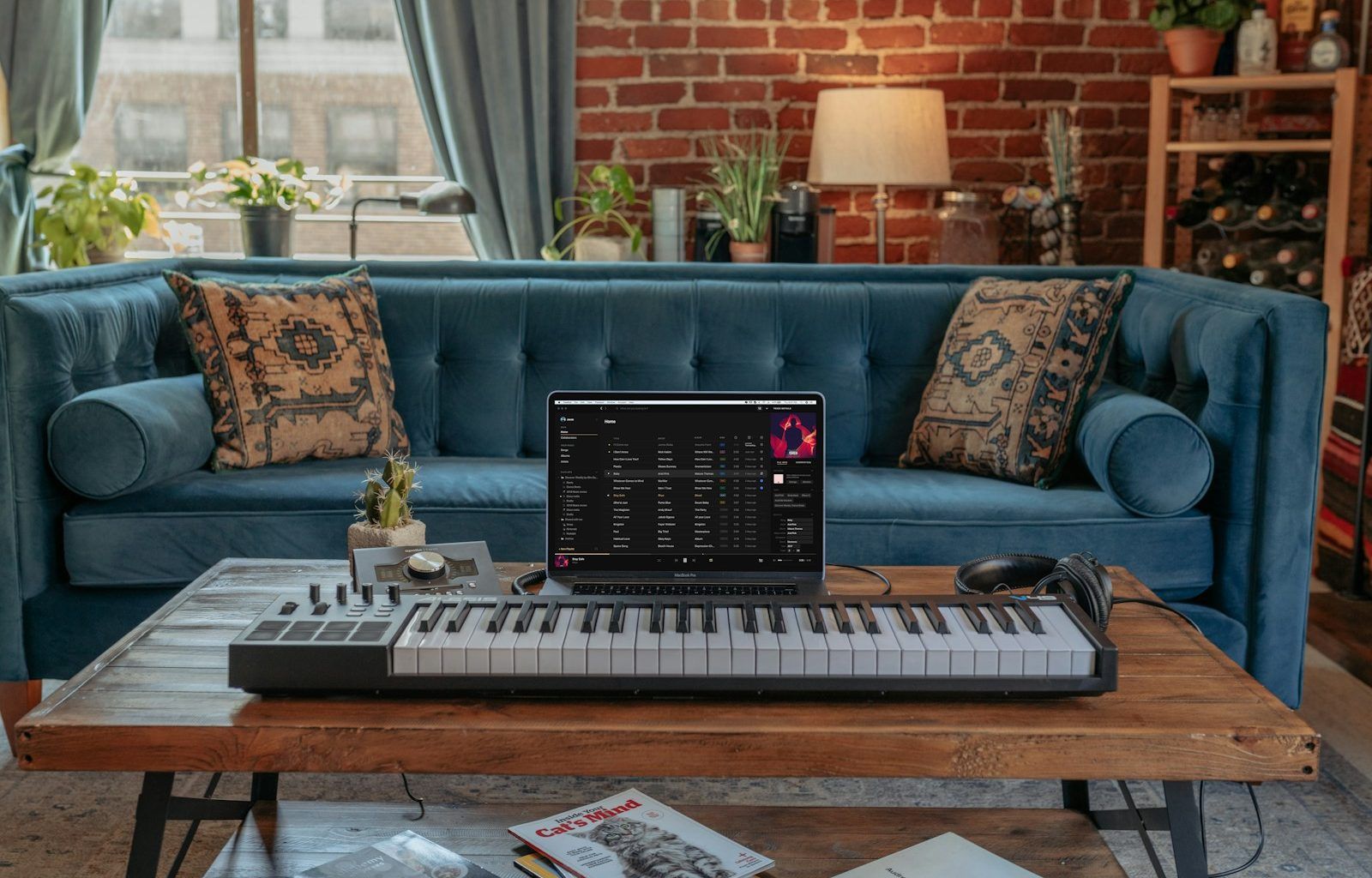If you’ve ever browsed music collections or scrolled through an artist’s discography, you’ve likely stumbled upon terms like EP and LP. But difference between ep and lp albums? And why should you care? Let’s break it down in the simplest way possible.
An EP (Extended Play) and an LP (Long Play) are two types of music releases. They differ in their length, purpose, and the way artists use them to share their work. While they might seem similar, each serves a unique role in the music world. Let’s dive deeper and uncover the fascinating differences between EP and LP albums.
What Does EP Stand For in Music?
EP stands for Extended Play. It’s like a mini-album but more substantial than a single. Typically, an EP contains three to five songs and has a runtime of 15 to 30 minutes. Artists often use EPs to experiment with new sounds, tease upcoming albums, or simply share a smaller collection of songs.
For example, if an artist is working on a full-length album but wants to give fans a taste of what’s to come, they might release an EP. This format is especially popular among indie artists and newcomers who want to introduce themselves without committing to a full album.
What Does LP Stand For in Music?
On the other hand, LP stands for Long Play. This is your traditional album, the kind you probably think of when someone says “album.” An LP usually has eight to twelve tracks or more and runs for 30 to 60 minutes or longer.
LPs are considered more comprehensive. They allow artists to explore themes, tell stories, and showcase their versatility across a broader range of music. Think of an LP as a full-course meal, compared to the appetizer-like nature of an EP.
How Are EP and LP Albums Different?
The main difference between EP and LP albums lies in their length and purpose. Here’s a clearer breakdown:
- Number of Tracks
- EP: Usually 3-5 songs.
- LP: Typically 8-12 songs or more.
- Duration
- EP: Shorter, around 15-30 minutes.
- LP: Longer, often 30-60 minutes or more.
- Purpose
- EP: Meant to tease or experiment.
- LP: A full artistic statement.
- Cost and Production
- EP: Less expensive to produce, making it ideal for emerging artists.
- LP: Requires more resources, time, and effort.
Why Do Artists Release EPs?
EPs offer flexibility. They’re a way for artists to test the waters, especially if they’re unsure about how a new sound or style will be received. For up-and-coming artists, an EP is a great introduction to their music without the pressure of creating a full-length album.
Sometimes, seasoned artists also use EPs to release bonus tracks or songs that didn’t make it onto their LPs. This keeps fans engaged and excited between major album releases.
Why Do Artists Release LPs?
LPs are the ultimate canvas for musicians to showcase their artistry. They provide the space to dive deep into concepts, themes, and storytelling. When an artist releases an LP, they’re often making a statement about their growth, creativity, and identity.
For fans, LPs are like a deep dive into an artist’s world. They allow listeners to connect with the music on a more emotional and personal level.
EP vs. LP: Which One Should You Listen To?
The choice between an EP and an LP depends on your mood and how much time you have. If you’re in the mood for a quick listen, an EP is perfect. It’s short, sweet, and often more experimental.
If you’re ready to immerse yourself in a full musical experience, an LP is the way to go. It’s a journey that allows you to experience the artist’s work in its entirety.
How Do EPs and LPs Impact the Music Industry?
EPs and LPs both play critical roles in shaping the music industry. EPs are often seen as stepping stones, giving emerging artists the chance to build an audience. They’re also a smart marketing tool, creating buzz before an LP release.
LPs, on the other hand, remain the gold standard. They represent an artist’s best work and are often the benchmark for success in the industry. From Grammy nominations to chart-topping hits, LPs are where artists make their mark.
The Evolution of EP and LP Albums
The difference between EP and LP albums wasn’t always as clear as it is today. In the past, these terms referred more to the physical format—like vinyl records—than the length or purpose of the music.
Today, with streaming platforms like Spotify and Apple Music, the lines between EPs and LPs have blurred slightly. Still, their core purposes remain the same: EPs are for exploration, and LPs are for storytelling.
Conclusion: EP or LP—Which Is Better?
There’s no clear winner in the EP vs. LP debate because both serve unique purposes. If you’re an artist, the choice between releasing an EP or LP depends on your goals, resources, and artistic vision.
As a listener, understanding the difference between EP and LP albums can deepen your appreciation for music. It helps you recognize the effort and intention behind each release, making your listening experience even more meaningful.
So, the next time you hear an artist has dropped an EP or LP, you’ll know exactly what to expect—and maybe even what it says about their musical journey.
For further reading, explore these related articles:
- The Ultimate List of Love Songs for Every Special Moment
- All You Need to Know About the Billboard Canadian Albums Chart
For additional resources on music marketing and distribution, visit DMT Records Pvt. Ltd..






